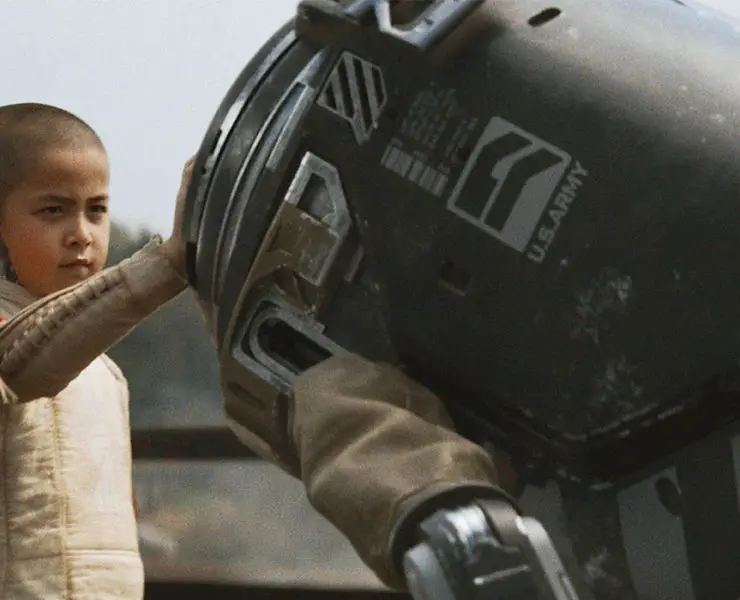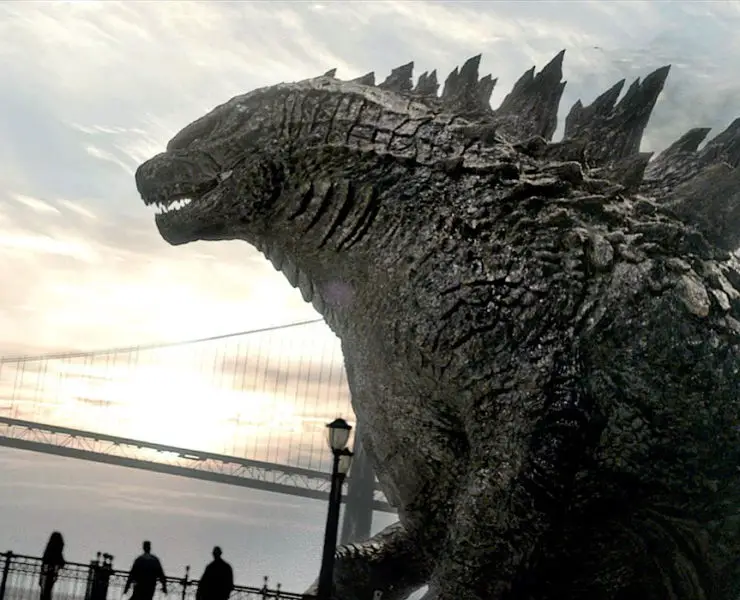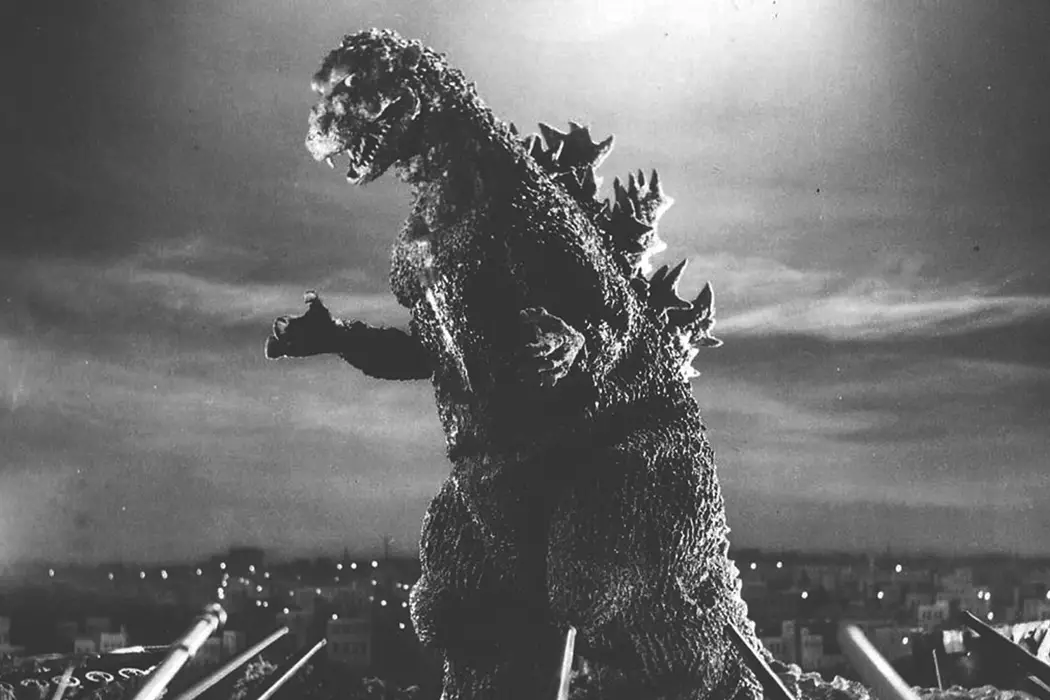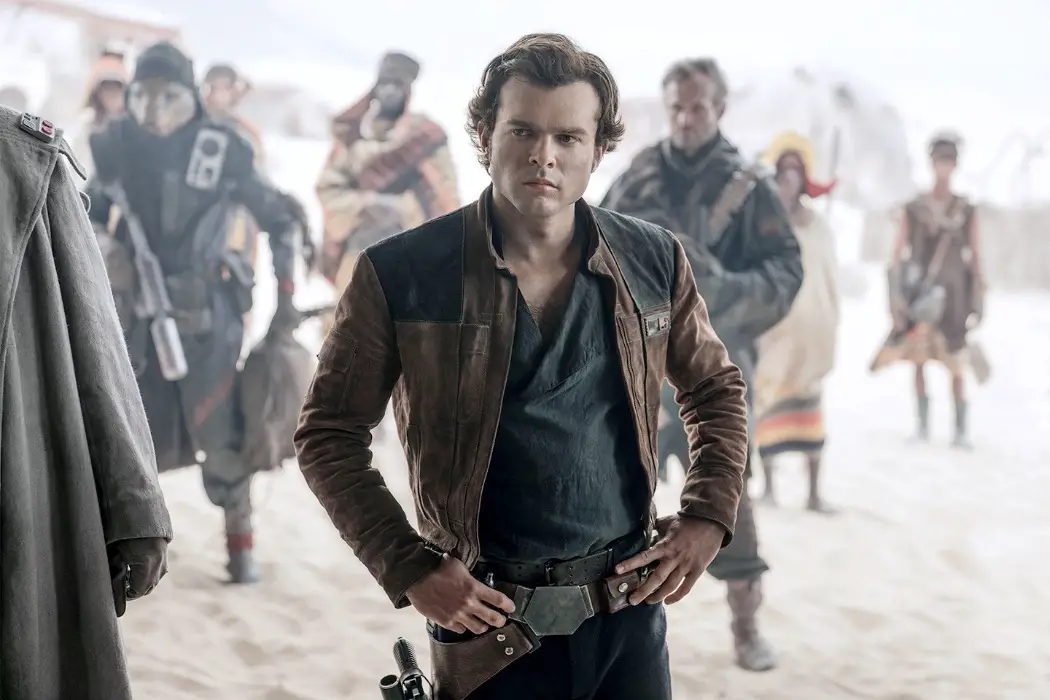Gareth Edwards
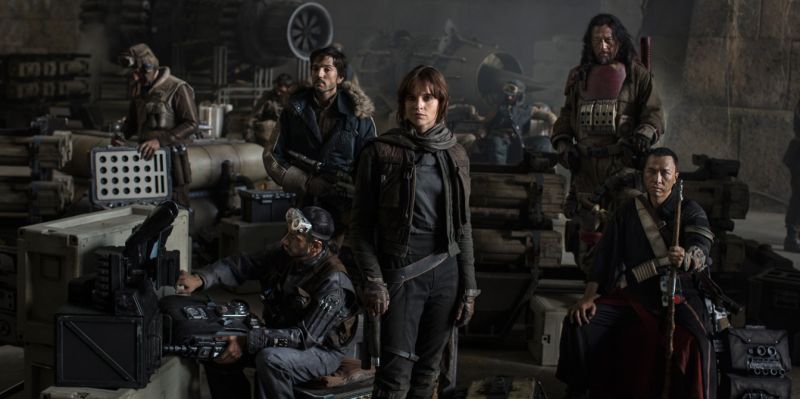
We knew things would change once Disney got a hold of Star Wars, and as utterly delightful as The Force Awakens was, it was basically the equivalent of clearing the first hurdle in a long race. After all, Disney operates under the ‘keep doing it until everyone hates it’ business model, and the company has made it abundantly clear that fans will be getting new Star Wars movies until they stop turning a profit. The thing is, that’s never been what Star Wars is.
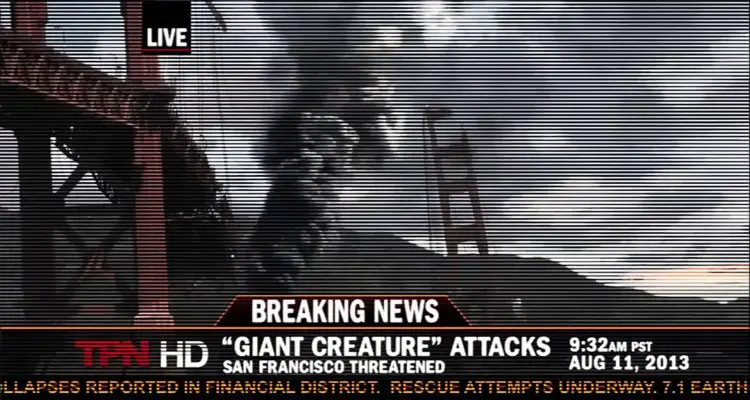
The long anticipated 2014 edition of Godzilla has not been hailed too positively by the critics. I recognize its flaws, but ultimately, I found the movie to be an enjoyable and entertaining ride. Godzilla – or Gojira – is originally a Japanese concept within the Kaiju (“monster” or “strange creature”) genre.

